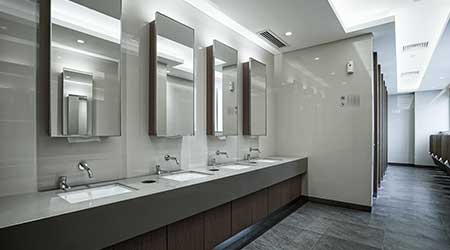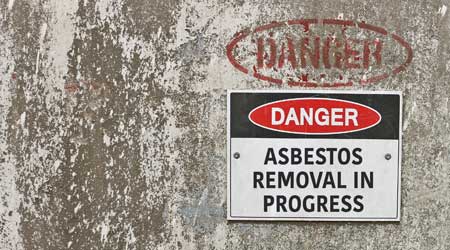
Can Antimicrobials Added to Products Prevent COVID-19?
December 21, 2020
Institutional and commercial facilities are moving through the process of adapting to the effects of the COVID-19 pandemic. In the process, maintenance and engineering managers are being inundated by product options, technology advances, and proposed solutions designed to create safer workspaces for occupants returning to these buildings.
One proposed remedy many managers have run across involves the use of antimicrobials in building products to protect against the spread of the coronavirus. To help managers make smart decisions on such offerings, the Healthy Building Network offers guidance based on a 2017 study of such products.
In revisiting the study, “our conclusions remain the same. There is no evidence that the addition of antimicrobials to building products lowers the rate of infection, or that they lead to a healthier population. Despite this fact, there is an increase in advertising and marketing of antimicrobial and disinfectant products.
“Some products need antimicrobials to protect the product itself from mold, mildew or spoilage. However, even in healthcare settings, antimicrobial technologies added to products have not been shown to reduce infections. The (Centers for Disease Control and Prevention) cautions against using antimicrobial mattresses or fabrics because the U.S. Environmental Protection Agency ‘has not approved public health claims asserting protection against human pathogens for treated articles.’ Leading healthcare institutions such as Kaiser Permanente have banned antimicrobial-infused building materials for infection control.”
Dan Hounsell is editor-in-chief of Facility Maintenance Decisions.
Next
Read next on FacilitiesNet












